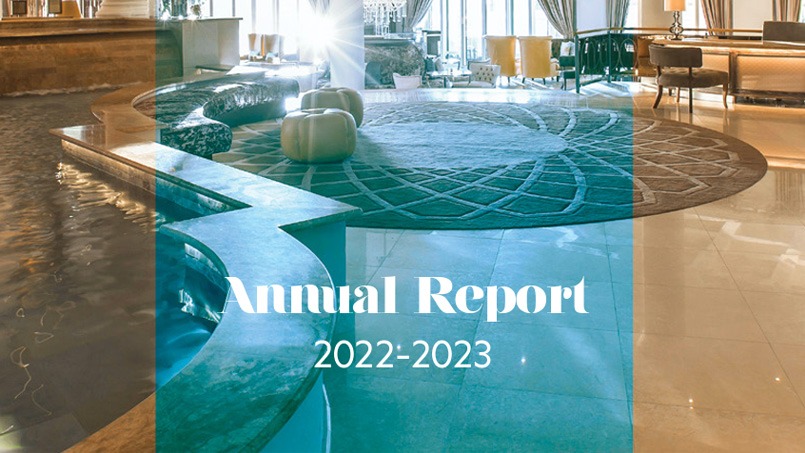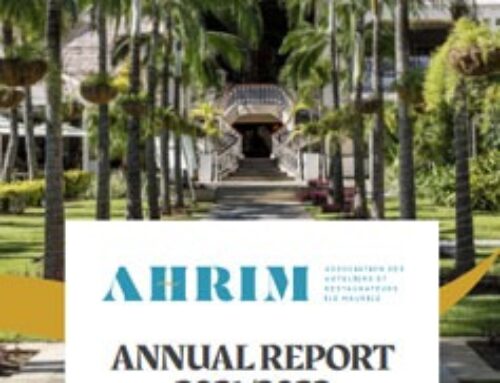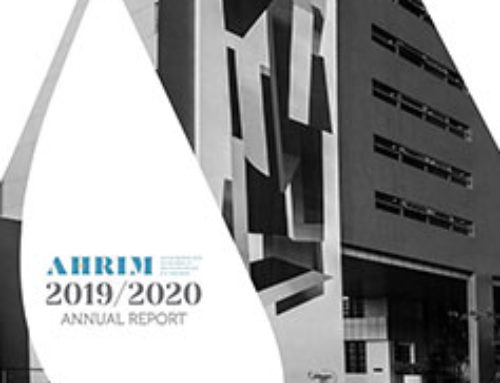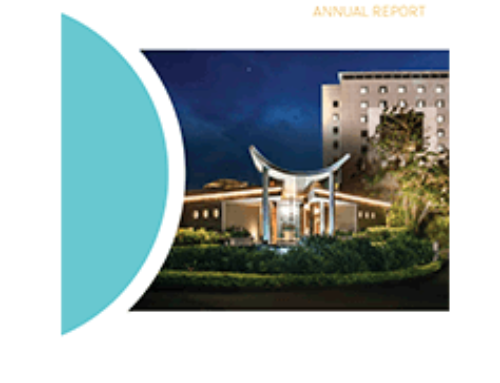GLOBAL TOURISM
IS ON TRACK TO RETURN TO PRE-PANDEMIC LEVELS BY THE END OF YEAR. BY INVESTING IN PEOPLE AND PROJECTS THAT MAKE A DIFFERENCE, WE CAN DELIVER ON THE SECTOR’S POTENTIAL TO DRIVE GROWTH AND OPPORTUNITY FOR ALL.
Mr. Zurab Pololikashvili
Secretary-General of the UNWTO
WORLD ECONOMY AT A GLANCE
The world economy in 2022 and 2023 witnessed a period of cautious recovery following the unprecedented disruptions caused by the COVID-19 pandemic. While significant strides were made to stabilise economies, the path to full recovery remained fraught with challenges, uncertainties, and varying degrees of resilience
across different regions. The global economy has showed signs of rebounding, supported by substantial fiscal and monetary interventions by governments and central banks.
Moving forward, the pandemic’s long-term effects continued to shape economic landscapes. Supply chain disruptions and labour shortages posed substantial hurdles to industries worldwide. This situation resulted from a combination of factors, including geopolitical tensions, lingering COVID-19 outbreaks, and strained international relations. Governments and corporations increasingly focused on bolstering domestic manufacturing capabilities and diversifying supply chains to mitigate future risks.
Inflation emerged as a major concern in 2022/23. Rising commodity prices, transportation costs, and labour wages placed upward pressure on prices globally. Central banks responded with various measures, including interest rate adjustments to maintain price stability while supporting economic growth. Policymakers faced a delicate balancing act to avoid stifling the recovery while preventing runaway inflation.
Amid the ongoing recovery, environmental sustainability and climate change took centre stage. Governments and businesses prioritised green initiatives and sustainable practices to combat the climate crisis. Investments in renewable energy, clean technologies, and environmentally responsible infrastructure projects increased, signalling a shift towards a greener global economy.
While advanced economies displayed strong rebounds, disparities remained, and challenges such as inflation, supply chain disruptions, and environmental sustainability called for continued vigilance and collaborative efforts. By fostering innovation, addressing inequality, and promoting sustainable practices, the global community could lay the groundwork for a more resilient and prosperous future.
The COVID-19 pandemic reminded the world of the importance of global solidarity and cooperation. Multilateral organisations played critical roles in coordinating responses and fostering international collaboration. As the world slowly healed from the pandemic’s wounds, building resilience against future crises became a top priority for governments, businesses, and individuals.
The repercussions of the on-going war between Russia and Ukraine continue to reverberate around the world with slower estimated economic recovery from the pandemic. The new geo-political environment will affect future corporate decision making and cost savings through globalisation will be more closely scrutinised
against risk. The treat of de-globalisation is thus looming and its short-term impact will lead to increased prices, further adding to inflationary pressures.






